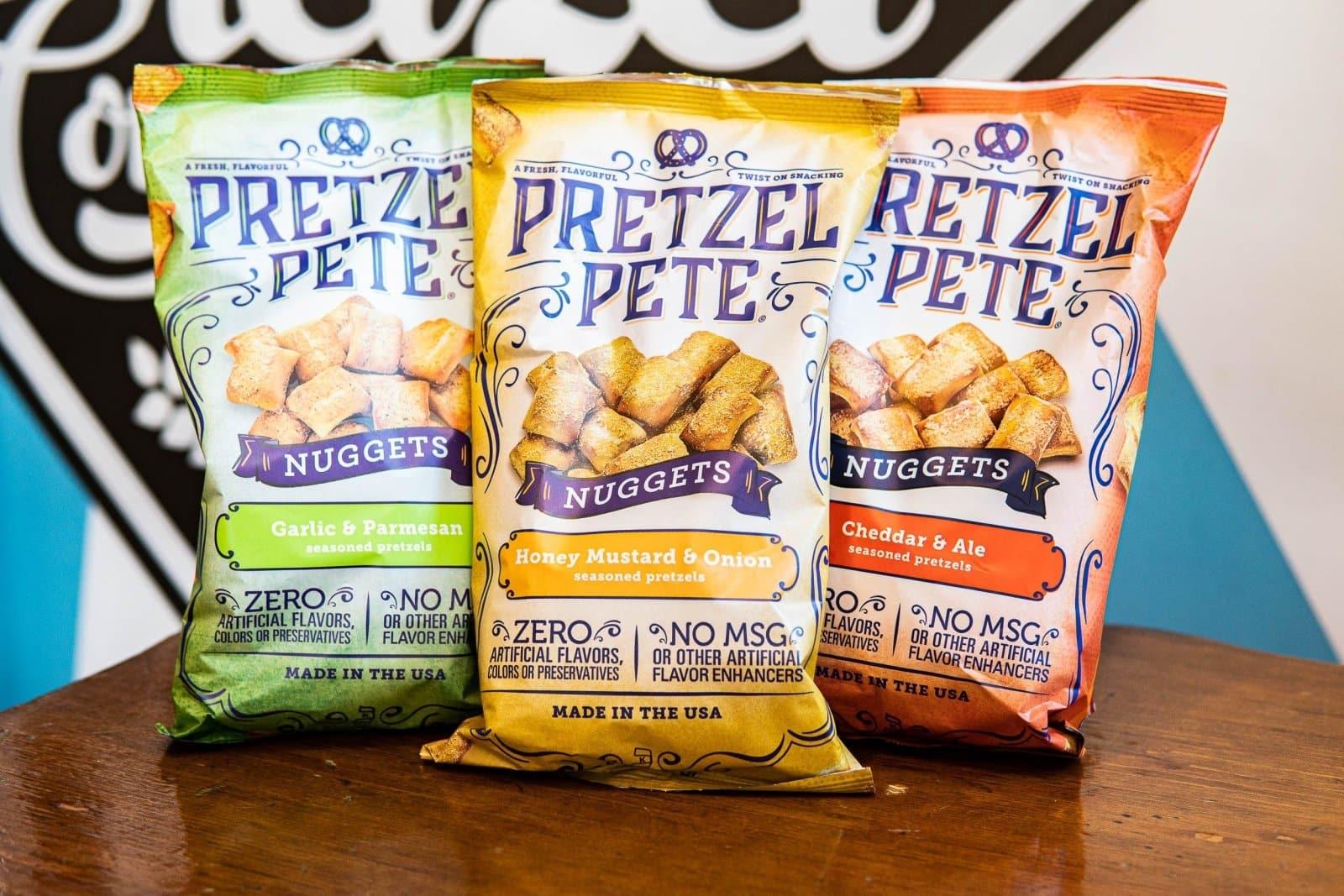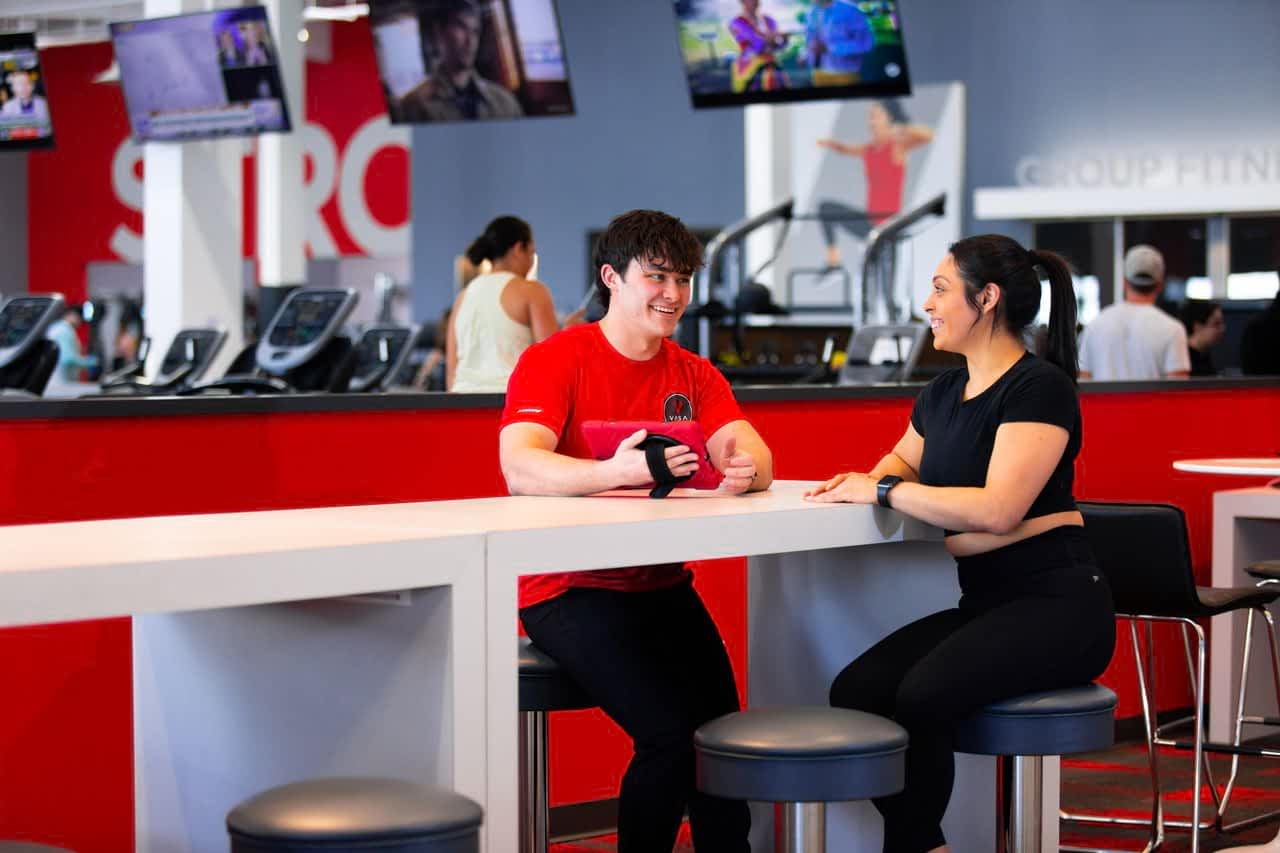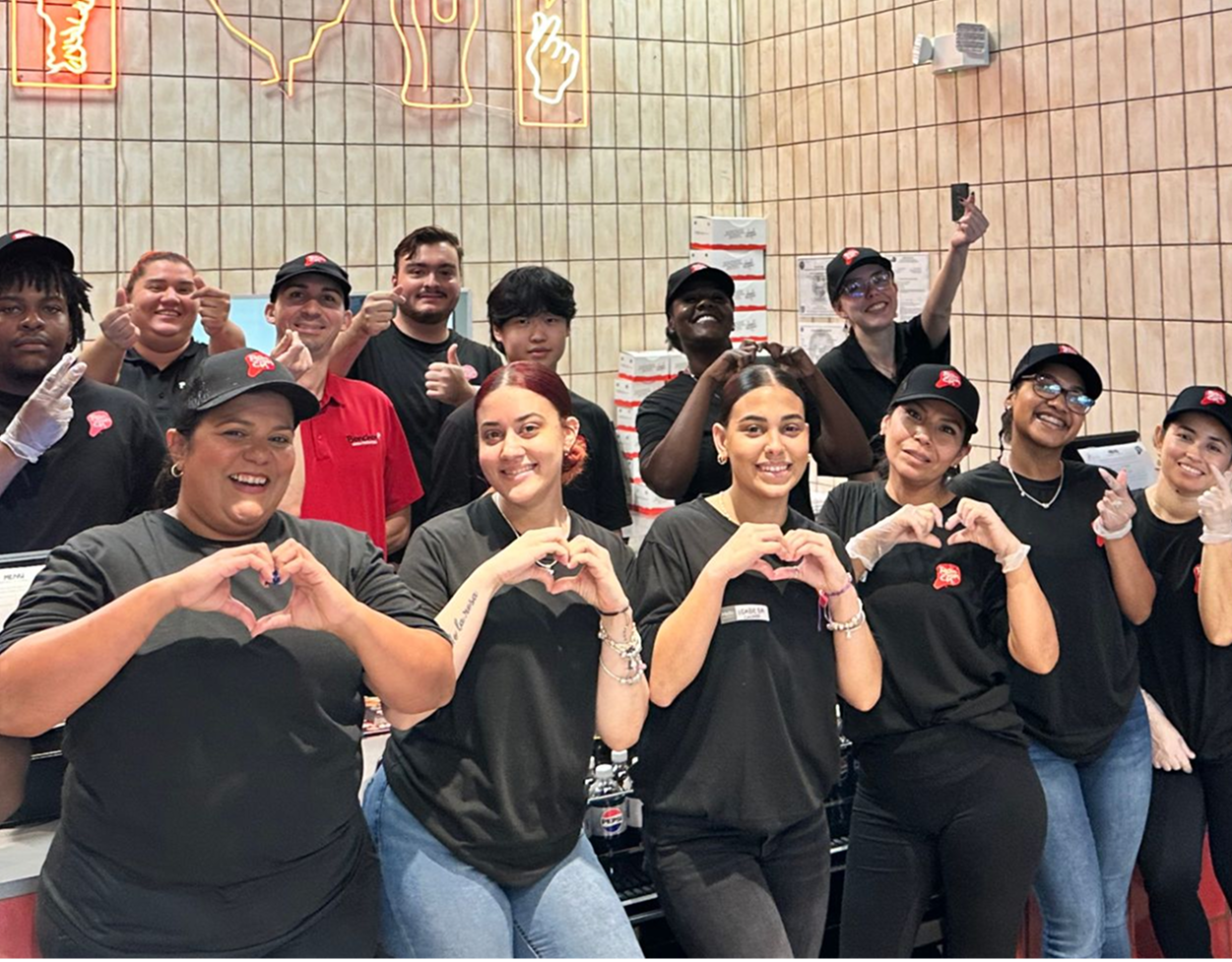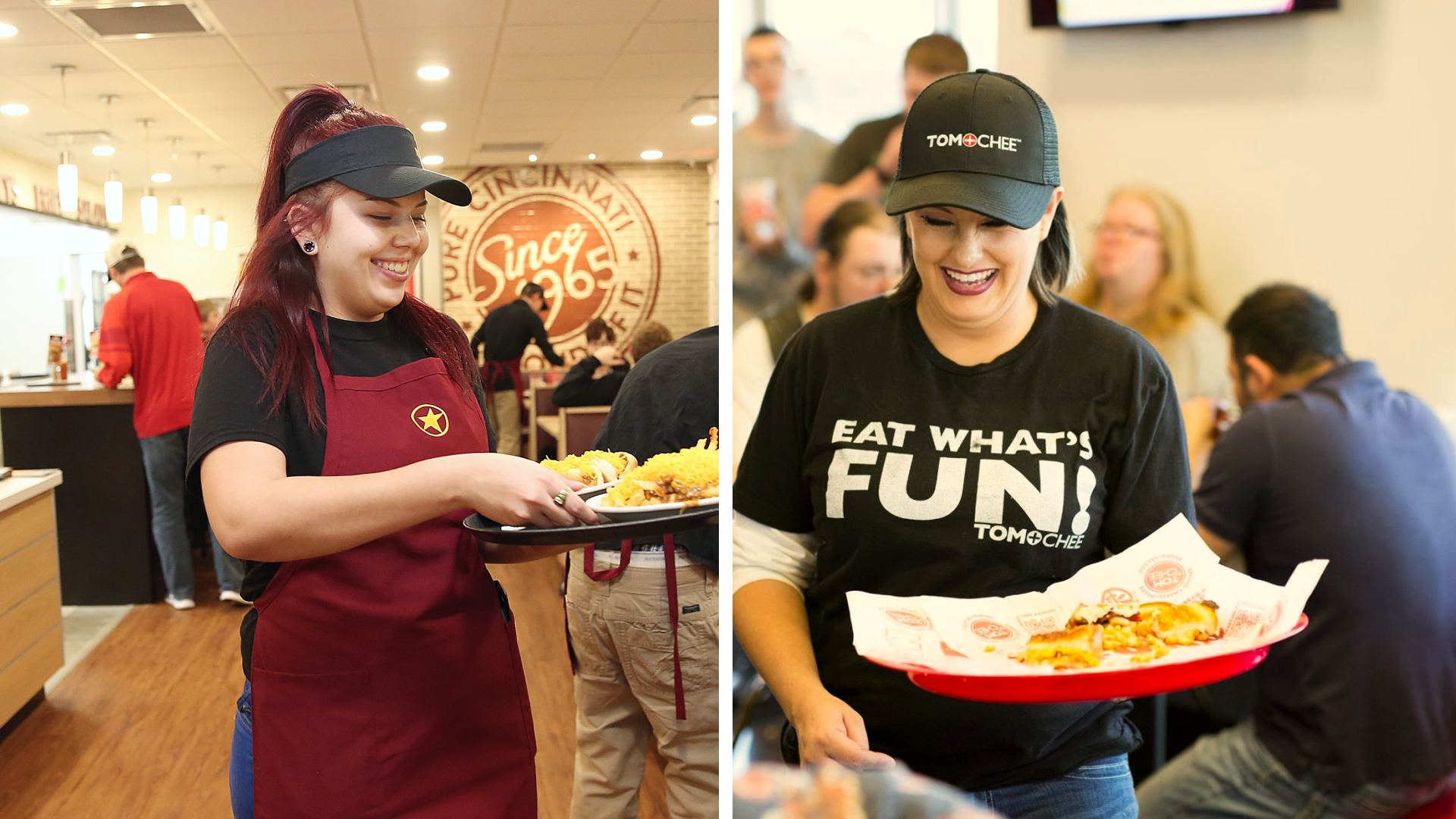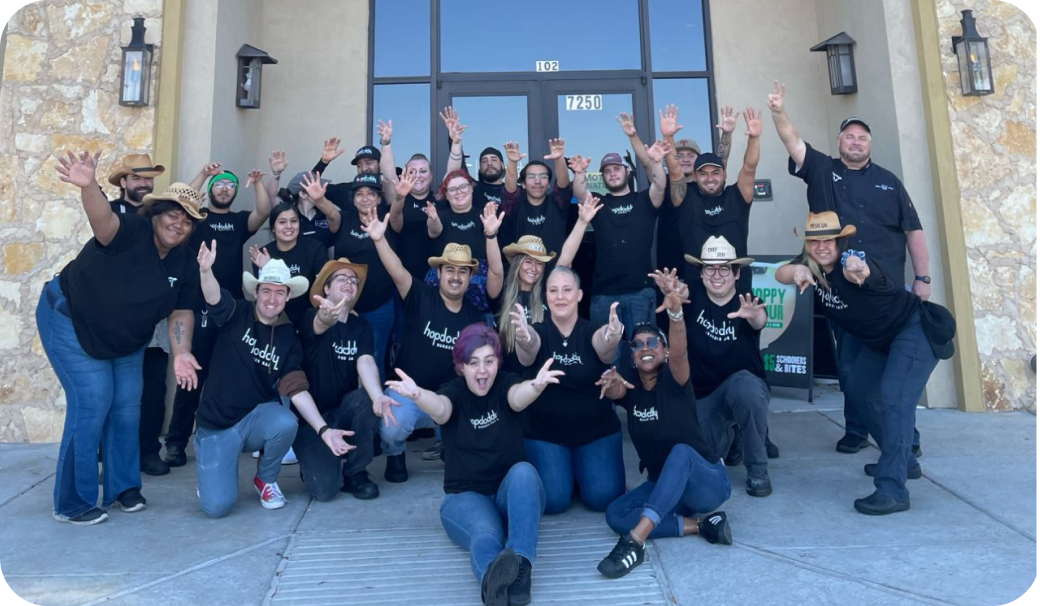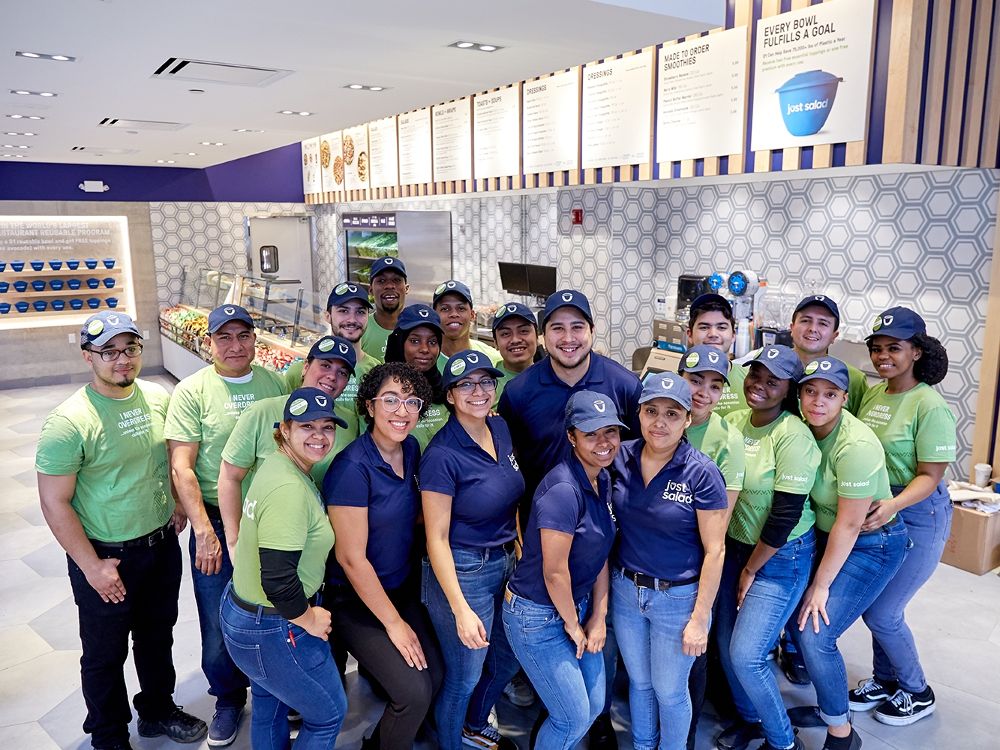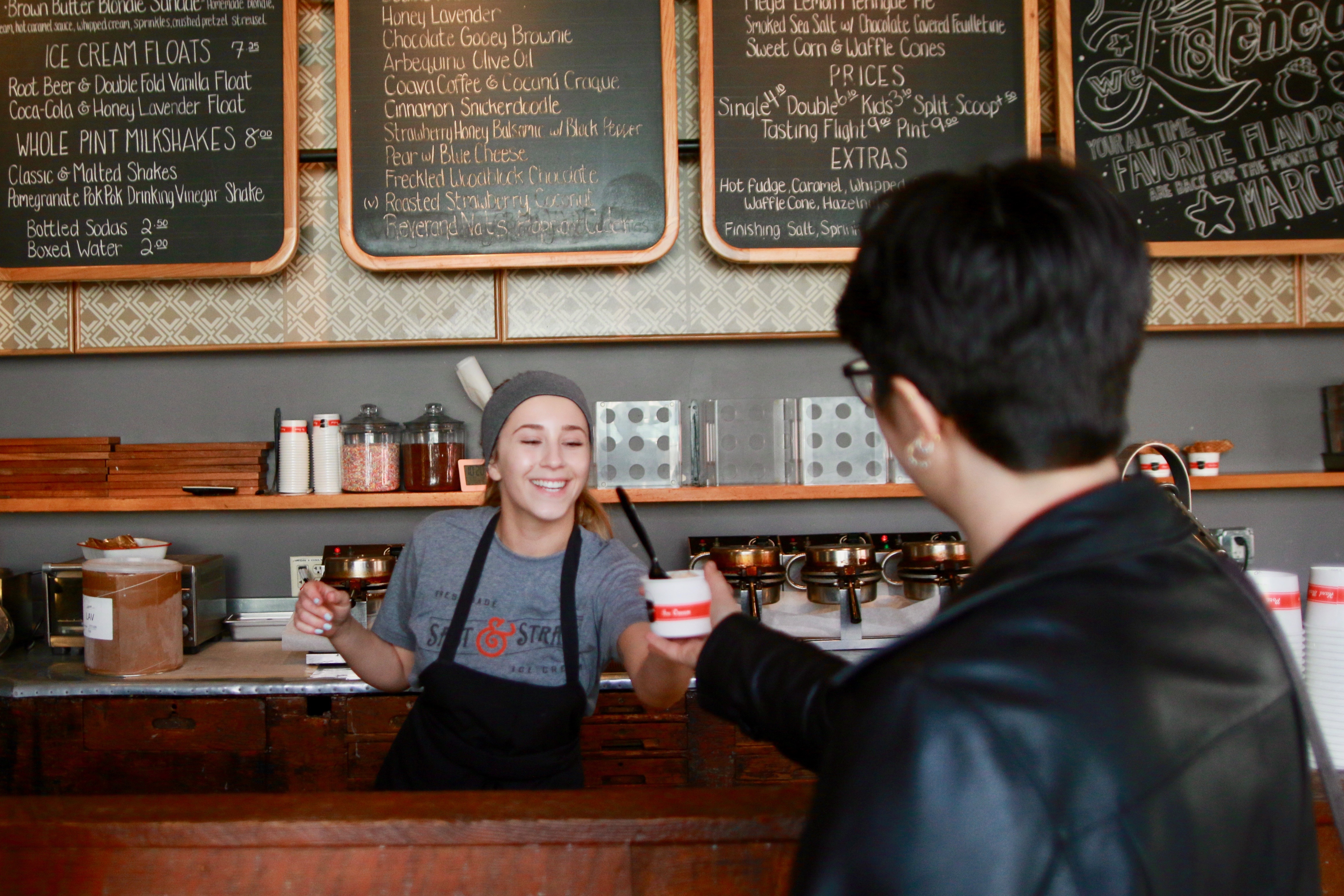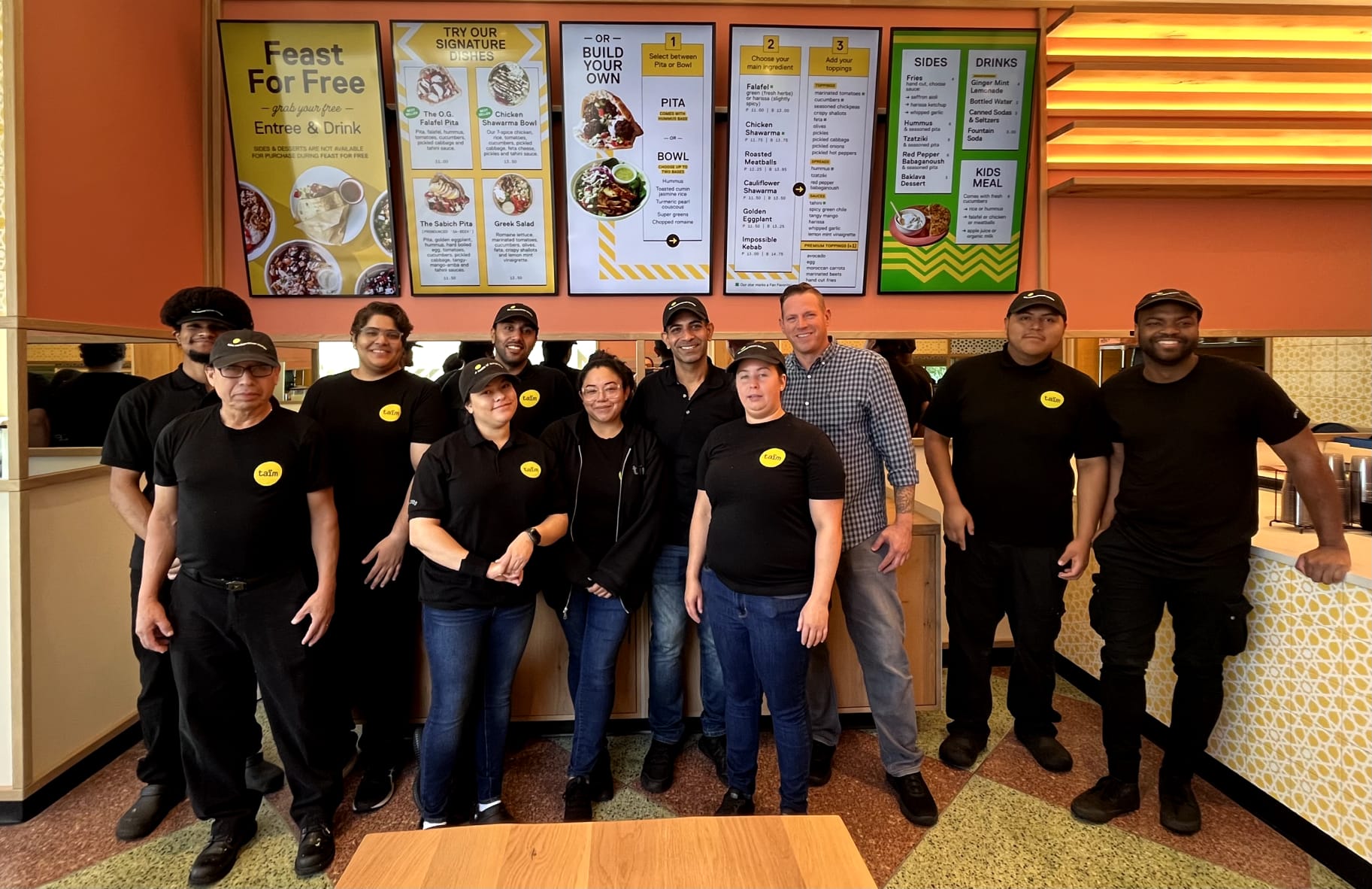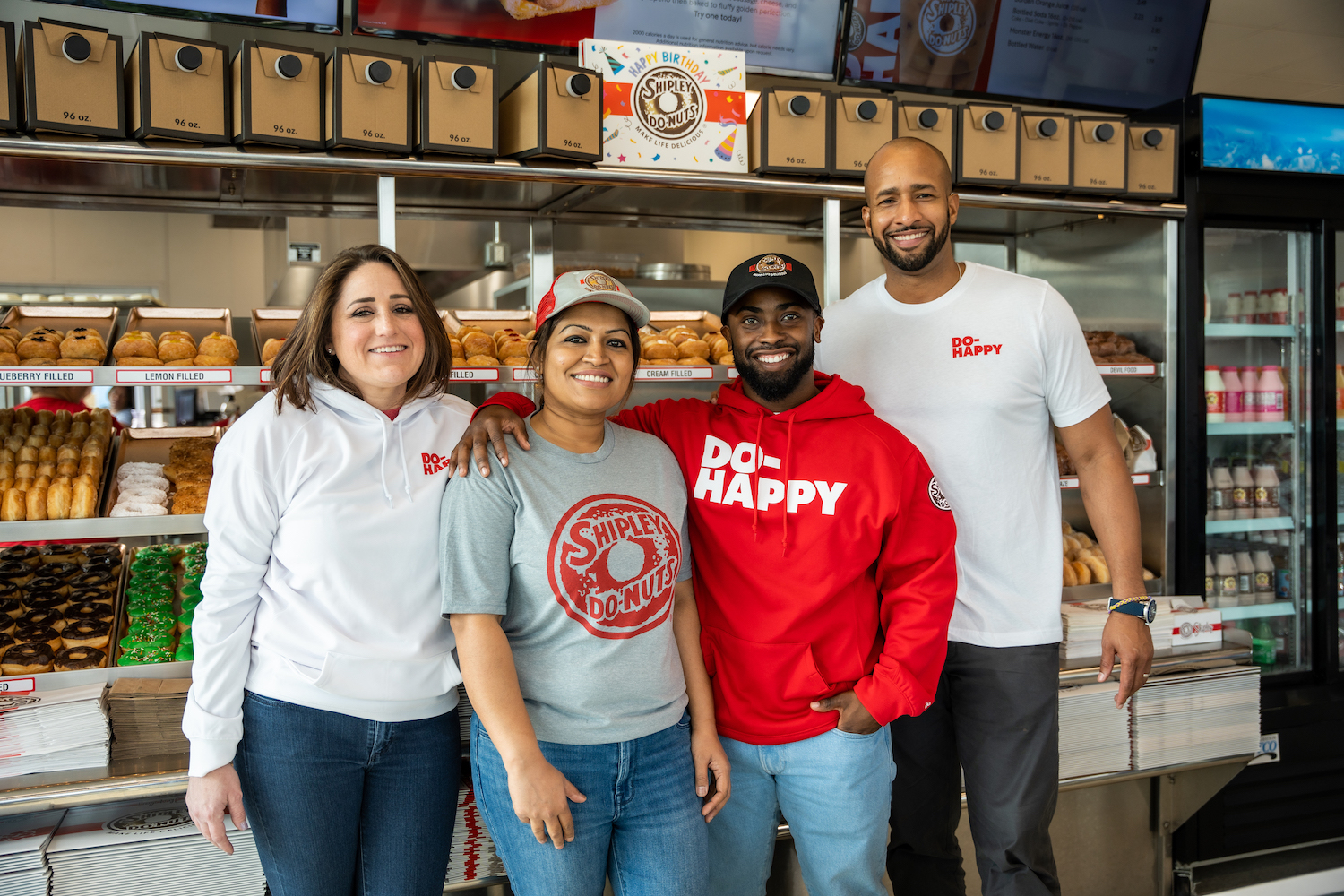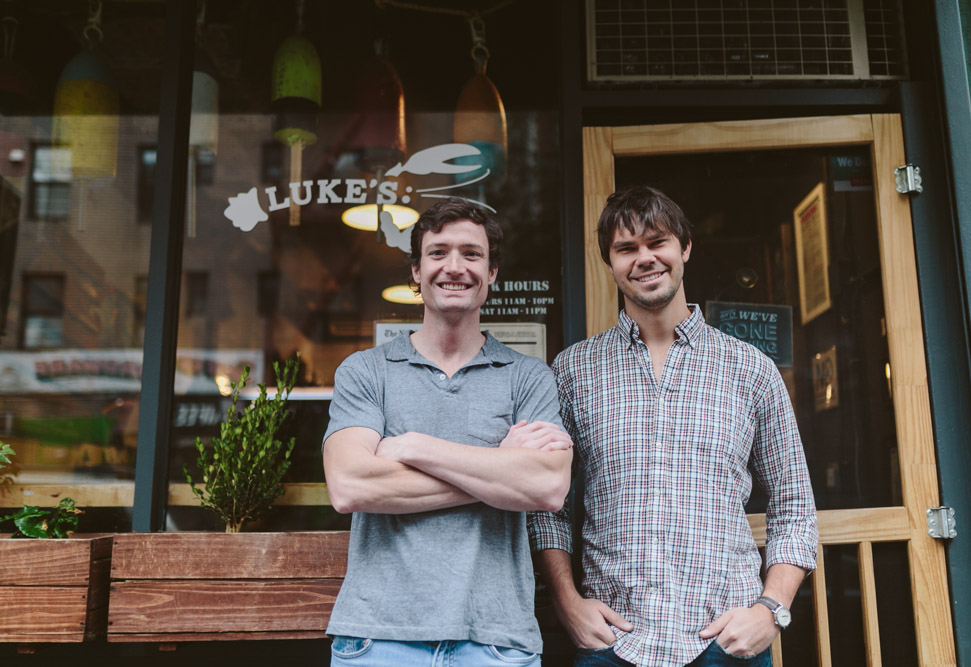How Pretzel Pete achieves 100% completion month after month.
"My team is happier that the Opus mobile app is user-friendly, efficient, and quick. Everyone says it's great and easy to use."
Anthony Palma is the Quality Assurance Manager of Pretzel Pete. Pretzel Pete is a leader in supplying seasoned & gourmet pretzels. They manufacture products within their brand as well as bulk and private labels. Frontline workers manage bagging, production, and shipping at their 24-hour facility. From the frontline to administration, Pretzel Pete understands the value of training and development.
Paper training, although widely practiced for manufacturing facilities, was a challenge for Pretzel Pete. Far too much time was spent shuffling through binders, printing out materials each month, and scheduling many days to train on a new policy or procedure.
Why Pretzel Pete went digital

Before Opus, Anthony and his team were 100% analog. Training involved printing out documents, gathering the team in one room, and going over the material together on a monthly, sometimes weekly basis. Although individual training was predicted to last 15 minutes, Anthony it often took three times as long.
Anthony struggled to accommodate the many generations and learning styles within his facility. He knew technology was something he needed to integrate into his training process but found that computer-based platforms would be difficult for his less tech-savvy staff. That led to constant curriculum changes.
"Paper training would last 45 minutes. The team would then wonder when they were able to leave."
He stayed with paper training for some time and realized how much time it was cutting into his team’s hours. The whole process was time-consuming. These 45 minutes did not include training creation, examination mark-ups, and additional follow-up procedures.
Going digital was something Anthony and the team at Pretzel Pete wanted to do for some time. They understood how technology equated to accessibility. Anthony understands that people have different ways of learning. He finally chose to go digital with training.
Moving from Analog to Digital
Anthony, like many managers, had to divide his time to various aspects of his company. When it came to handling new courses, there was limited time. He didn’t have time to innovate or create brand-new content while providing the best experiences for his team. He could only re-administer old content. Before moving to Opus, Anthony had to grade individual exams. With paper training, the process took him 8 hours every month. At Pretzel Pete, audits happen once a year. His data analysis and people tracking relied on paper and spreadsheets.
How has Opus made your job easier?
Imagine being able to complete 100% of course creation in under a week. In Pretzel Pete’s case, this is a reality. In less than 4 days, Anthony was able to complete 90% of the course building. His frontline team has an average of 91.4% accuracy per course.
Opus saved Anthony time on an operational level immediately. Currently, his average time from assignment to completion is 2.7 hours. In the last 12 months, Anthony has created 24 new courses. In addition to new content, Anthony had no issues digitizing his paper training courses.
"It's great that I could sit here and build a course, send it out and I'm not wasting the time. My team can have this information at the touch of their hands."
He no longer has to grade exams one by one. Thanks to A.I. technology, the courses are automatically graded. This drastically minimizes the need to hand grade the many answers he receives monthly. The Opus platform provides more time dedicated to grading special case answers, such as short-form questions.
Auditing & Onboarding
“I can just sit in front of my computer and pull it up, which makes it really easy.”
When it comes to the auditing process now, their consultant comes in and requests their training material - all Anthony has to do is pull up the Opus dashboard for analytics in a few clicks.
Onboarding and refresher training is more accessible. Instead of printing materials, Anthony can now re-assign trainees to digital courses. He no longer has to look through documents to determine which team member is missing certification. He can easily look through the certification database, and let that person know directly and immediately.
Although there is a range of experiences and knowledge of technology, it was easier for his team to adapt to a digital platform. His team was able to complete training courses at their own pace. He has seen ROI in the form of lower labor costs, full adoption, 100% month-over-month engagement, and a streamlined global auditing process. If Anthony had to choose one word to describe his world now with Opus, it would be "simple."



